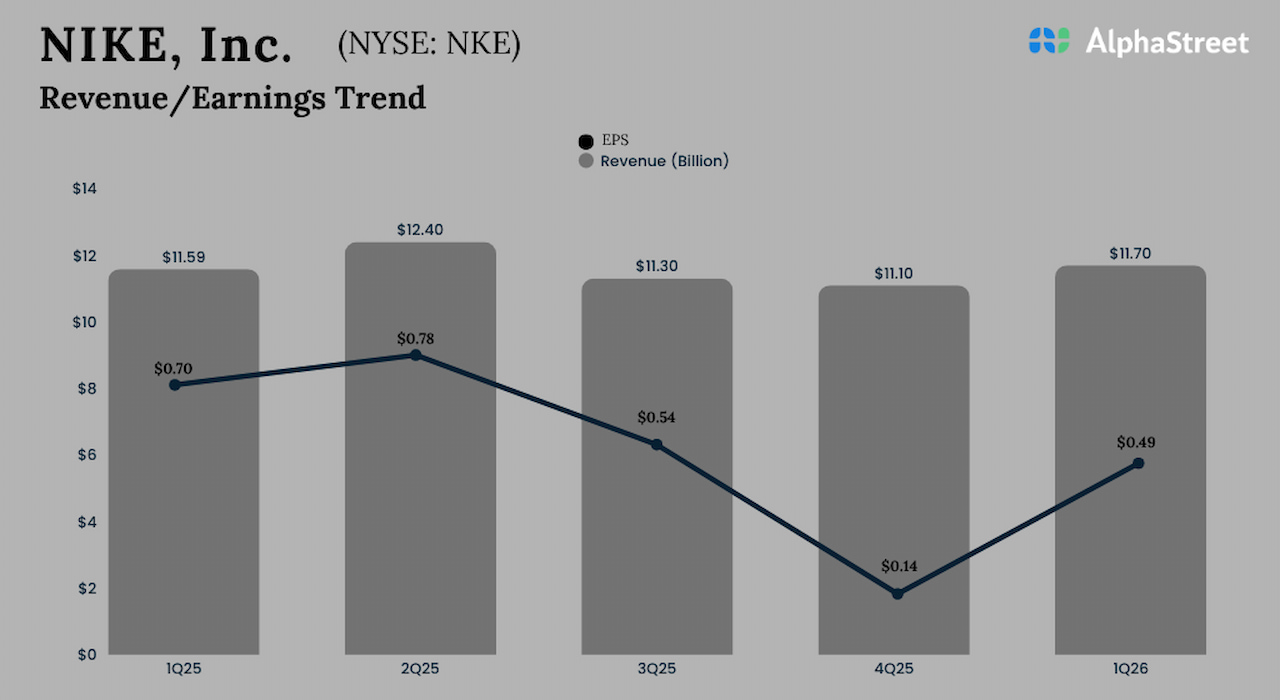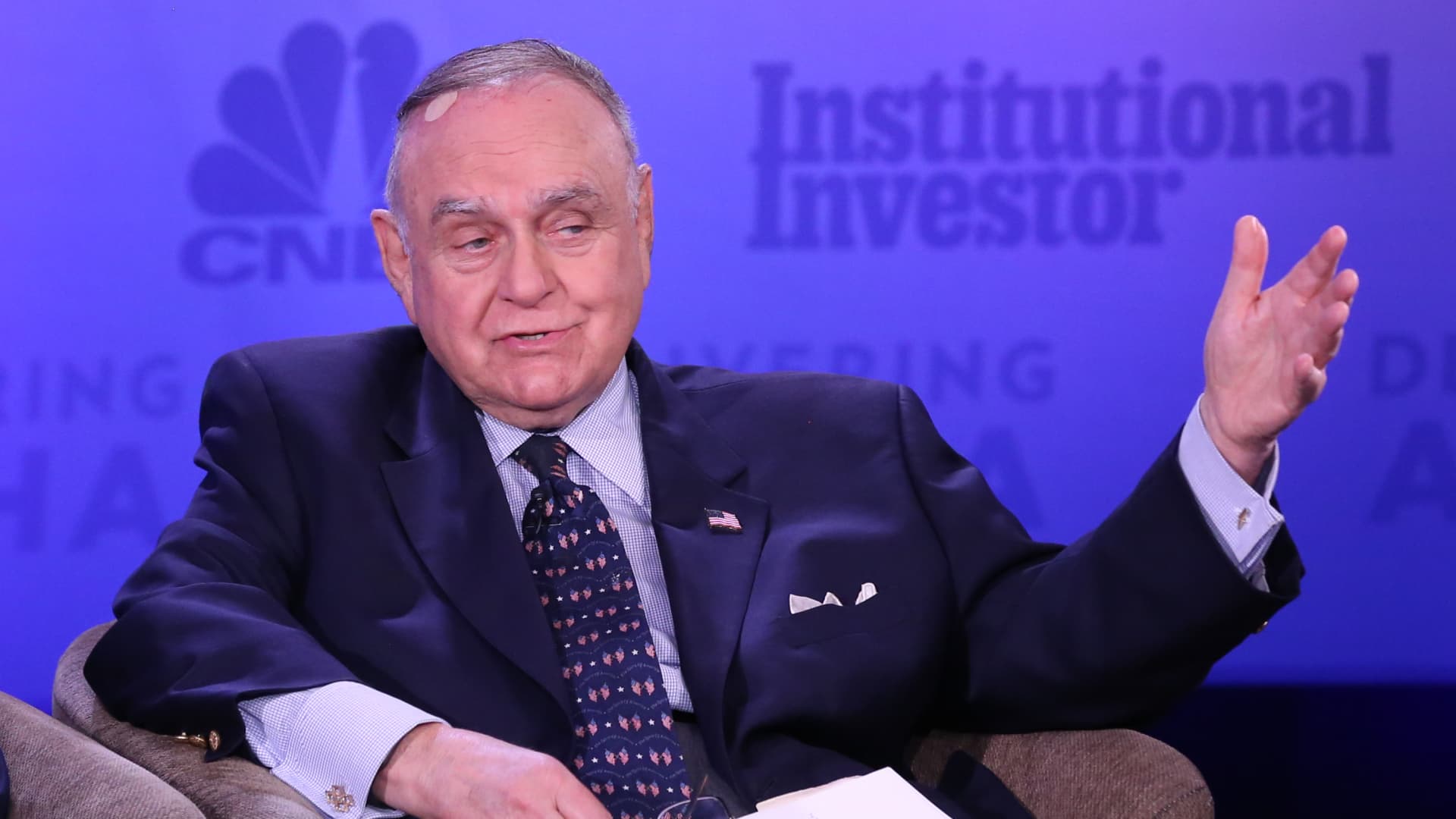Your Decision-making Machine
For an organ that weighs a mere three pounds, your brain does a great deal of heavy lifting. Think of it as your internal, predictive machine. Its intelligence and limitations are derived from constantly linking and comparing information, life experiences, and memories against accumulated knowledge. It is your supercomputer, and it uses all this stored energy to formulate possible outcomes for the choices made available to you.
But what foundationally shapes the decisions you make in life? More so, what shapes our financial decisions? It’s a combination of three factors that also dictate your relationship with money, and they are:
- Your natural financial behavior capacity: The genetic and instinctive behaviors you are born with
- Your learned financial behaviors: A combination of life experiences, money memories, education, and value
- Your quality life performance (or QLP): A DNA Behavior Discovery measurement that reflects your life purpose, career, finances, health, recreation, community, and relationships
Yet, more than all these factors are needed to make accurate, predictive decisions. What remains unknown to us, we fill in with heuristics—the mental shortcuts we take to solve problems.
The Paralyzing Effect of Decisions
For some, all the planning, analyzing, and researching they do, the fear of making a wrong decision may prompt them to seek advice from others. For other people, overconfidence—thinking there is only one obvious choice, can lead to an over-reliance on one’s subjective judgments and experience. In either case, we rarely trust our first thought, our instinct. Whether you call it intuition, gut feelings, or heuristics, there’s much processing in our brains.
Money decisions are renowned for causing internal conflict. Whether about saving, spending, investing, increasing, or losing money. Any of these can have the most paralyzing effect on our decisions or lead us to an overreliance on limited information or the advice we receive from others. Yet even in our indecisiveness and procrastination, we are making a decision.
As I mentioned earlier, we often rely on our natural financial behavior capacity and our learned behaviors. For example, our monetary decisions may be based on family and social conversations in our youth. Or, perhaps it isn’t a conversation but an experience, such as witnessing one’s parents losing all their money or the financial impact of losing a parent. Yet, so much informs the decisions we make in life.
Making Decisions on Gut Feelings
What experiences do you draw on when making choices and formulating decisions? What prompts do you feel and pay attention to that help you decide?
I want to introduce you to Jenny.
Jenny Miller, 48, has been investing for some years based on her “gut feel” of what she thinks is going on in the economy and the behavior of the markets. She has a clear idea of what she wants from life, is confident in her abilities, and is happy making investment decisions based on what feels right.
Jenny, by nature, likes reading less research. Just some graphs, illustrations, and bullet points are enough for her. But for Jenny, too much analysis gets in the way. She feels too many plans will lock her in, and opportunities may be missed. Jenny will generally be flexible enough to take opportunities when they are there and avoid getting stuck in over-analysis. The key contributing factor for Jenny is that she needs to have enough prior investment experience to know that her gut feeling is intuitively correct. But once a decision is made, Jenny will run with it and not look back.
Jenny knows her Money Energy.
Jenny has a good read on her Money Energy. She knows when it is engaged in informing the decisions she makes. She knows that Money Energy is the power and capacity to generate wealth that becomes a stored force releasable to her life at any time. She knows how to read it intuitively.
She knows how to tap into her potential. For her, it is a fast, automatic, subconscious processing in her heart and brain that can provide her with beneficial information versus deliberate analyzing of available facts alone. Yet she accepts that intuitive and analytic thinking should occur together and the value of obtaining advice if it helps her to improve the outcome of difficult decisions.
Investors such as Jenny, who is instinctive and inclined to be spontaneous, may benefit from the value of a trusted advisor who understands behavioral styles to provide objective analysis to validate their intuitive behavior and keep them from sabotaging themselves. The best approach with Jenny is to set boundaries while being mindful of her ability to generate Money Energy and her willingness to trust her gut instinct.
- Are you someone who makes gut decisions too?
- Do you see yourself as having some of the similar traits as we saw with Jenny?
- Would you benefit from the same recommendations?
- Find opportunities to apply these learning lessons to your financial decision-making and life.
The views and opinions expressed herein are the views and opinions of the author and do not necessarily reflect those of Nasdaq, Inc.








































